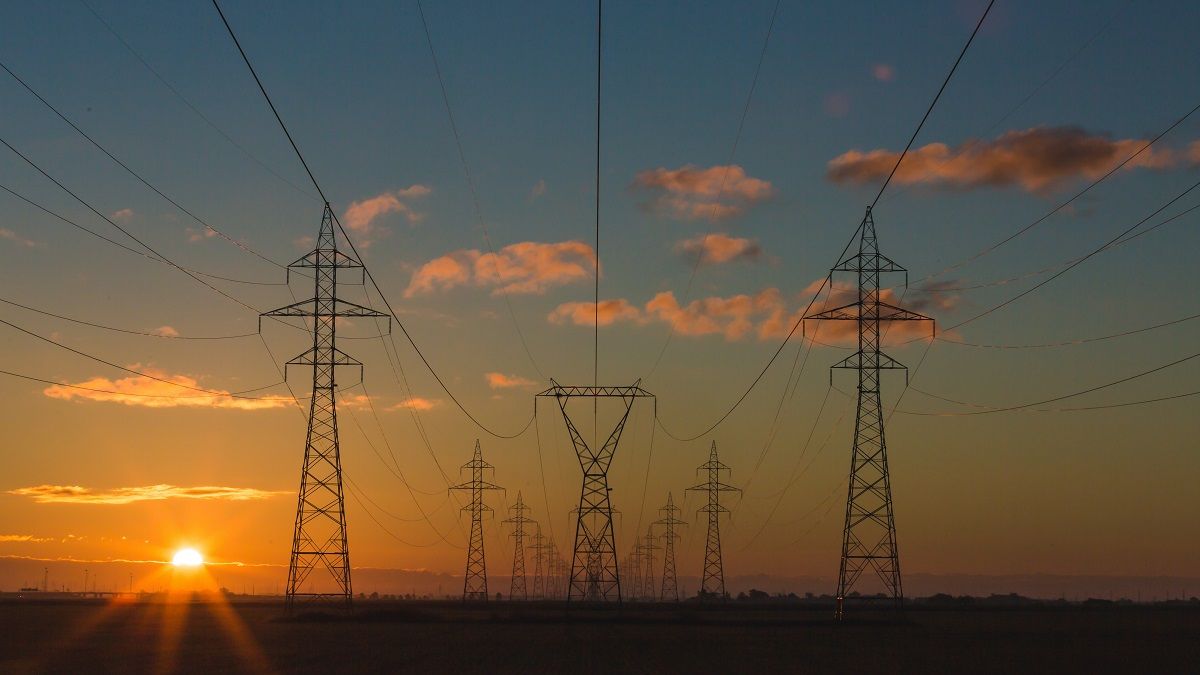A new article from Schroders says that the increased gas and electricity prices being seen across Europe are likely to persist for 18-to-24 months.
The piece, Europe’s gas crisis: what does it mean for investors?, quotes Mark Lacey, head of global resource equities at the firm, who says that the current high prices will remain until meaningful new volumes come onstream, beginning 2024.
Lacey went on to say that gas demand across Europe is likely to fall about 10% this year as consumers tighten their belts and is unlikely to grow next year due to inflation. Schroders went on to estimate that the demand for gas across Europe will fall from 489bn cubic metres in 2021 to 445bn cubic metres this year, rising again to 452bn cubic metres in 2023.
The German economy, wrote Schroders, is most at risk from gas shortages, given its reliance on the Nord Stream 1 pipeline and lack of alternatives.
Arianna Fox, European equities analyst at the firm, said: “The chemicals industry is one that is directly exposed to gas shortage risk given how energy-intensive it is and how so much of the industry is concentrated in Germany. The government could introduce rationing but there are still many questions as to how this would play out.”
She added: “For example, would all industries face the same level of rationing? It might be the case that the government would try to protect industries such as food & beverage production, or healthcare companies. If that’s the case, then other industries like chemicals would have to shoulder a larger burden, hitting their production harder.”
She went on: “The trouble is that chemicals are used in so many products and processes. Ultimately, every industry would feel the impact of reduced supply or higher prices for chemicals. Businesses could try to import the chemicals they need from outside of Europe, but supply chains are still disrupted post Covid, and there’s no guarantee that plants outside Europe have spare capacity.”
The high gas prices are just one of several factors that could weigh on economic activity, wrote Schroders. German GDP growth was zero in Q2, albeit Q1 growth was revised higher.
There may, however, be some winners. Schroders wrote: “In the medium to long term, a clear winner from the gas crisis is likely to be the renewable energy sector. The need to curb harmful emissions and to reduce reliance on Russian fossil fuel imports go hand in hand. Renewable energy projects like wind or solar farms may not be instant solutions to the problem, but they are a lot quicker to get up and running than a nuclear power station, for example. Higher power prices are also feeding into long-term contract prices for power, meaning investment returns on such projects now look more attractive.”







